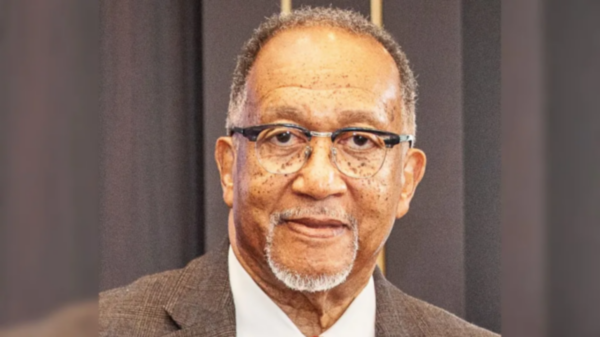By Dr. Benjamin F. Chavis Jr.
Among the significant strides our country has made to create a more equitable society, air travel does not always come to mind. However, it was not long ago that air travel was only for the elite. Airfares were prohibitively expensive, and flying on commercial airlines was a privilege that almost exclusively upper-class, white Americans could enjoy.
Today, the vast majority of Americans from all income levels and walks of life are able to travel by air. According to an Ipsos survey, more than 90% of Americans have flown commercial in their lifetime – with 53% of Americans taking to the skies before the age of 16. It is hard to believe that only 50 years ago, fewer than half Americans of all ages had experienced air travel.
What spurred this new reality of affordable airline fares and accessibility? The answer is simple: the deregulation of the industry in the 1970s.
Today, there are some in the Biden Administration and in Congress pushing to reregulate the airline industry – a decision that threatens to upend the progress our country has made to make air travel more accessible for all Americans.
In 1978, President Carter signed the bipartisan Airline Deregulation Act into law – ushering in a new age for air travel. This bill drove tremendous progress in improving the accessibility of air travel, especially among low-income and diverse communities.
The bill introduced a free market in the commercial airline industry. Dozens of new airlines formed, and due to increased airline competition, more planes took to the skies every day, new routes were added, and fares plummeted, providing more and more passengers with the opportunity to take advantage of a fast and safe method of travel.
Today, two million passengers board planes across the U.S. every day to visit friends, reunite with families, and meet with colleagues. These travelers are benefitting from an unprecedented amount of choice – more carriers to choose from, more flights and routes and varying ticket types that include more affordable options.
Two new carriers entered the market during the pandemic, offering new service to small communities and further spurring the fierce competition within the industry. This, in turn, drives down fares – and improves the travel experience – as the carriers all vigorously compete for the same consumers.
The benefits of the Airline Deregulation Act are still felt throughout the country, with fares remaining remarkably affordable. In 2021, domestic air travel in the U.S. was 55 percent less expensive than it was in 1979. As a result, one-third of Americans boarding commercial aircraft in the U.S. had family incomes under $75,000.
Even as record-high inflation has impacted businesses across the country, U.S. airlines have maintained these affordable airfares. For example, the price of jet fuel averaged 83 percent more in 2022 than in 2019, but in 2022, inflation-adjusted fares averaged 6.8 percent below 2019.
Thanks to a reduction in unnecessary, inefficient regulation, air travel is no longer a luxury. Instead, air travel is now an essential method of transportation for Americans of all races, cultures and incomes. However, potential action by the Biden Administration could change that.
It is critical that the White House recognize that their proposed policies to increase regulation of the airline industry could make it increasingly difficult for low-income Americans, and particularly those of color, to afford airline tickets.
While regulation can sometimes be a useful tool, in the case of the airline industry, increased regulation can do more harm than good. Let’s not move backwards and reregulate an industry that has made tremendous progress in accessibility and affordability. The people that will be harmed the most from more regulations are those from low-income and diverse communities of color.
Dr. Benjamin F. Chavis Jr. is President and CEO of the National Newspaper Publishers Association (NNPA) and Executive Producer/Host of The Chavis Chronicles on PBS TV stations across the US and be reached http://at dr.bchavis@nnpa.org







You must be logged in to post a comment Login